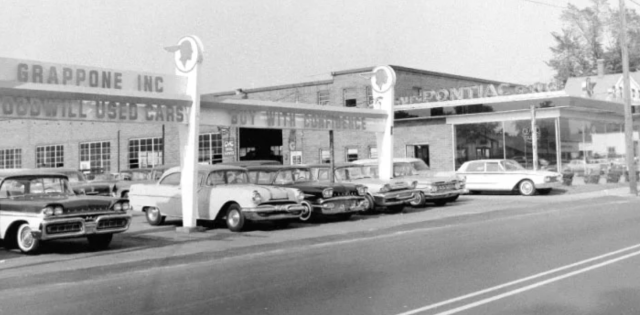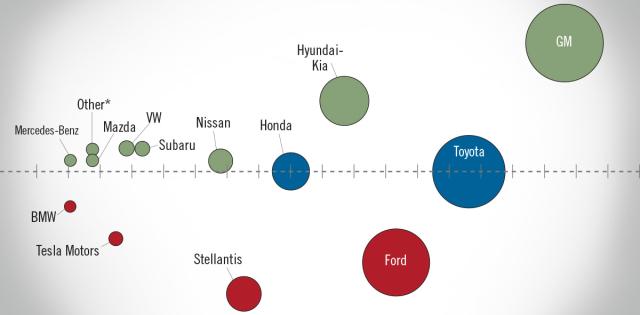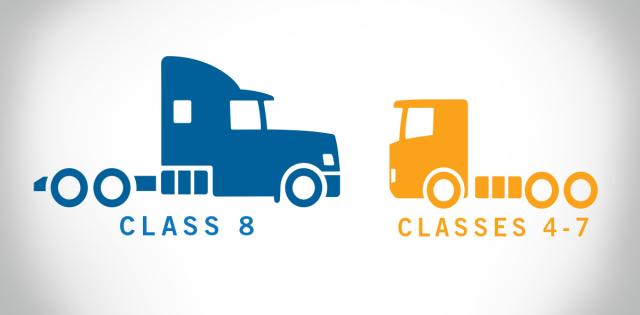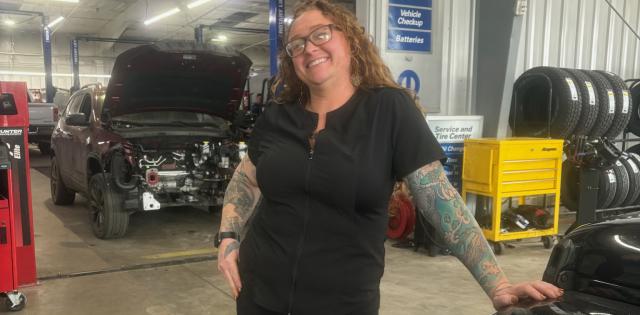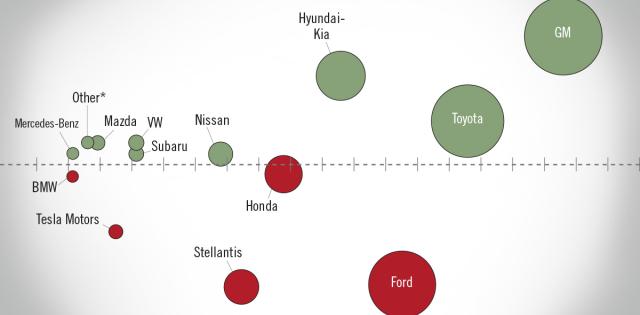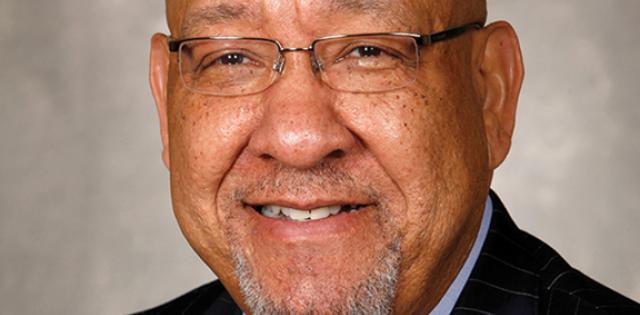Reopening dealerships safely requires a comprehensive checklist that includes every aspect of the business: facilities, inventory and employees. Ian Grace, senior manager of partner performance at automotiveMastermind, shared his comprehensive approach for opening the doors safely and efficiently.
In the Lifeline Series webinar Proactive Recovery: Comprehensive Planning for Reopening Your Dealership, Grace recommends the first step is accounting for inventory and facilities, and performing these actionable measures before customers even set foot into the showroom again:
- Conduct a physical inventory of every vehicle. (Ensure all dealer tags are accounted for.)
- Pull your new, used and wholesale vehicle inventory and compare against current MMR and used-car values.
- Analyze current vs. incoming inventory to determine how supply and demand will impact market pricing.
- Don’t be afraid to modify sales quotas, goals and pay plans.
Safety is the primary concern when preparing facilities. This also requires communicating your reopening plan to third-party vendors. Grace recommends:
- Ensure adequate safety supplies to serve the volume of upcoming business (including protective personal equipment for staff, steering wheel covers for cars, disinfectants, etc.)
- Prepare for the physical return of people to the dealership by ensuring all bathrooms and customers lounges are clean; offering free gloves and masks at entrances; and providing hand sanitizers throughout the dealership.
- Expand safety measures in service departments, such as utilizing disposable seat covers and interior EPA-recommended cleaners.
A successful re-entry into the market will hinge on confident and prepared employees. It’s important to motivate your teams and align your strategy, which includes driving a culture of appointment setting. One strategy is to review all leads from the past 60 days and let customers know that the dealership is open and ready for business. Grace advises dealers to take a hands-on approach that sets expectations, but also provides the support employees need during this uncertain time.
- Conduct sales meetings to help teams set up realistic expectations, communicate operational changes, and answer questions openly.
- Focus on inspiring employees and express that sales staff must have an empathetic approach when communicating with customers.
- Review your telecommunication and technology capabilities.
It is also important to assess the damage from COVID-19 and coordinate with your Human Resources department. A significant priority is bringing back furloughed staff and ensuring that dealers have enough staff to efficiently work each department. Since different social distancing measures are still in place region-by-region, Grace recommends employers have staggered shifts to account for demand and stay compliant with health recommendations. Another consideration is to ensure staff fully understand draw payback scenarios, and HR personnel are fully up to speed on any changes to state and national employment laws. Dealers can also run down this checklist with their sales and marketing managers:
- Audit and relaunch any appropriate marketing campaigns.
- Review deals closed prior to the shutdown.
- Update websites with new incentives.
- Schedule deliveries for vehicles sold during the shutdown.
- Ensure all DMV paperwork has been sent for cars delivered prior to the shutdown.
While every dealership will have a different game plan for reopening, never skimp on safety and open communication. Above all, Grace reminded participants that every dealership employee should be ready to accommodate customers in this new post-pandemic dealership experience.
The webinar is available on NADA’s Coronavirus Hub.
Note: NADA’s webinar is offered to assist its dealer members in the operation of their dealerships and for general informational purposes only. Each dealer must seek their own legal counsel and make their own independent business decisions and work with their attorneys to ensure social media posts and advertising comply with state and federal consumer protection laws. Before attempting to sell vehicles online, dealers must consult with their attorney or state/metro dealer association or licensing authority to better understand the requirement in their state. The presentation of this information is not intended to constitute legal advice nor encourage concerted action among competitors or any other action on the part of dealers that would in any manner fix or stabilize the price or any element of the price of any good or service.


